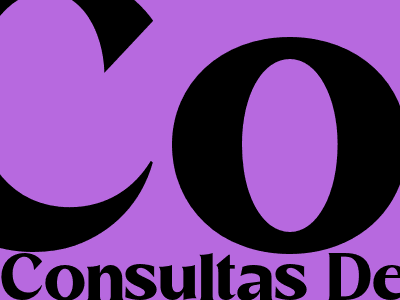The Ultimate Guide to Optimizing Your Website for Google and Blogger.com
Introduction
In today's digital landscape, having a strong online presence is crucial for businesses and individuals alike. Search engine optimization (SEO) is essential for driving organic traffic to your website and improving your visibility in search results. This comprehensive guide will provide you with an in-depth understanding of SEO best practices for Google and Blogger.com, empowering you to optimize your website for maximum search engine visibility.
Understanding Search Engine Optimization (SEO)
SEO is the process of improving the visibility and ranking of a website or web page in search engine results pages (SERPs). By optimizing your website for relevant keywords and phrases, you can increase your chances of appearing higher in the search results, leading to increased website traffic and conversions.
Google Search Algorithm
Google's search algorithm is constantly evolving, but some key ranking factors include: * **Content quality and relevance**: High-quality, informative, and relevant content that meets the search intent of users. * **Keyword optimization**: Using relevant keywords in page titles, meta descriptions, headings, and body text. * **Backlinks**: The number and quality of links from other websites pointing to your website. * **User experience**: Website speed, mobile-friendliness, and ease of navigation contribute to a positive user experience.
Blogger.com SEO Considerations
While Blogger.com is a user-friendly platform, there are specific SEO considerations to keep in mind: * **Limited customization**: Blogger.com templates offer limited customization options, which can impact SEO. * **Subdomain:** Blogger.com websites use a subdomain, which can affect search visibility compared to a custom domain. * **Ad space**: Blogger.com allows for ad placement, which can impact website performance and user experience.
Optimizing Your Website for Google and Blogger.com
To effectively optimize your website for Google and Blogger.com, follow these best practices:
1. Keyword Research and Optimization
* Conduct thorough keyword research to identify relevant keywords and phrases that your target audience is searching for. * Use keywords in page titles, meta descriptions, headings, and body text, but avoid keyword stuffing. * Optimize image alt tags with relevant keywords to improve image search visibility.
2. Content Creation and Optimization
* Create high-quality, informative, and engaging content that provides value to your audience. * Structure your content using headings and subheadings to improve readability and keyword optimization. * Use bullet points, lists, and tables to break up text and enhance scannability.
3. On-Page Optimization
* Ensure your website is mobile-friendly and loads quickly. * Optimize page titles and meta descriptions to accurately reflect page content and include relevant keywords. * Use structured data markup to help search engines understand your content's context.
4. Off-Page Optimization
* Build high-quality backlinks from reputable websites. * Participate in social media and engage with your audience to promote your content. * Monitor your website's performance using Google Analytics to track traffic and identify areas for improvement.
5. Technical SEO
* Use a sitemap to help search engines crawl and index your website. * Submit your website to Google Search Console to monitor performance and identify any technical issues. * Ensure your website is secure and uses HTTPS encryption.
Conclusion
Optimizing your website for Google and Blogger.com is an ongoing process that requires a combination of technical expertise and content quality. By following the best practices outlined in this guide, you can significantly improve your website's search engine visibility, drive more organic traffic, and achieve your business or personal goals online.

Consultas De Nutrição
No comments:
Post a Comment